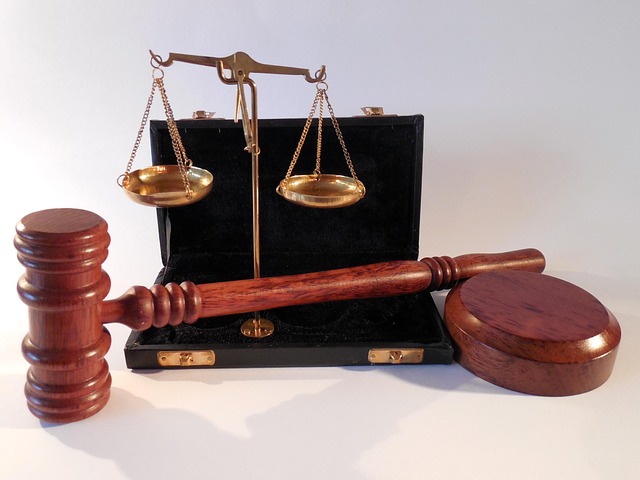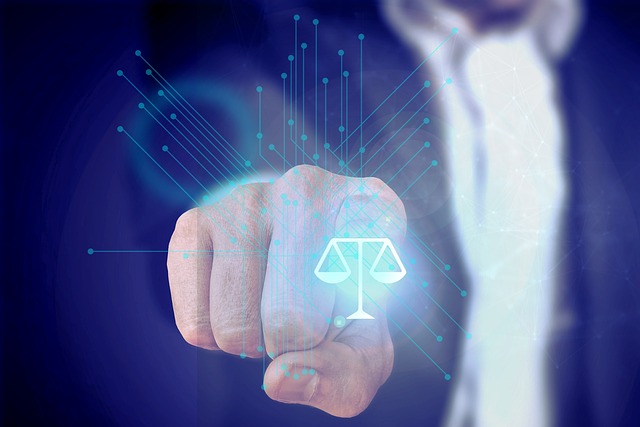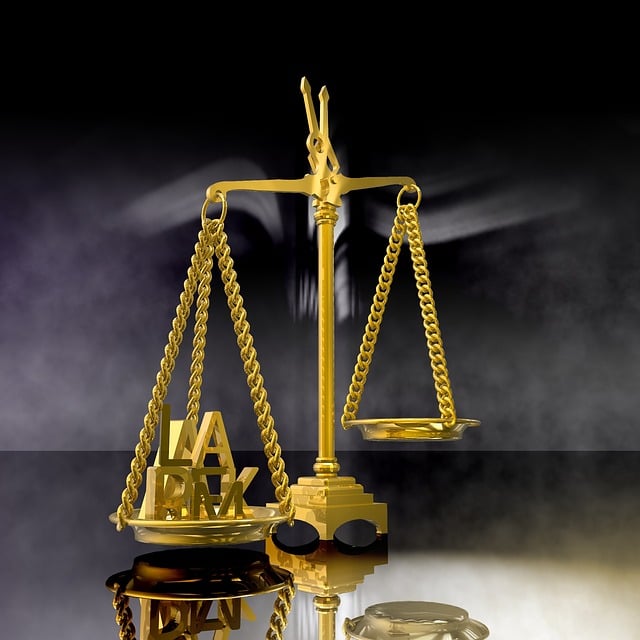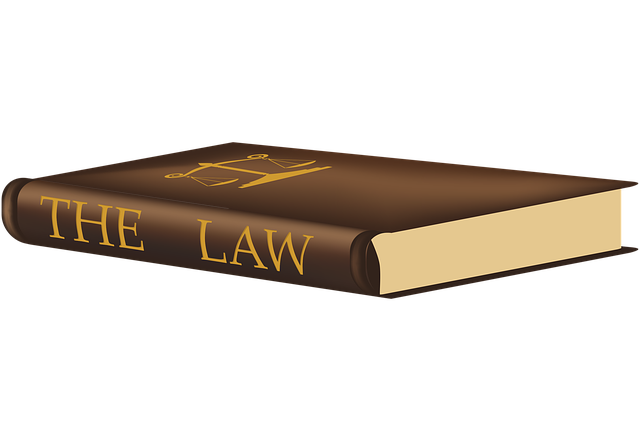Whistleblower Protection Laws (WPL) are vital legal frameworks that safeguard individuals exposing illegal or unethical activities within organizations from retaliation, fostering accountability and transparency. Recent Recent Class Action Lawsuits in Civil Law have gained traction, focusing on whistleblower protection, leading to financial compensation, policy changes, and important precedents. These lawsuits require specific elements for success, including a genuine belief in business misconduct and adverse employment actions resulting from disclosure. Despite challenges, growing public awareness suggests stronger whistleblower protections ahead, potentially increasing corporate accountability through successful legal actions.
“Unveiling the intricacies of whistleblower protection lawsuits, this comprehensive guide explores a vital aspect of civil law. With a focus on recent class action suits, we delve into emerging trends and their impact on corporate accountability. Understanding the key elements that constitute successful claims is essential to navigating this complex landscape. Additionally, we forecast the future of whistleblower rights, examining challenges and potential opportunities in civil law, particularly regarding high-profile cases.”
- Understanding Whistleblower Protection Laws: A Comprehensive Overview
- Recent Class Action Lawsuits: Uncovering Trends and Impact
- Key Elements of Successful Whistleblower Protection Claims
- The Future of Whistleblower Rights: Challenges and Opportunities in Civil Law
Understanding Whistleblower Protection Laws: A Comprehensive Overview

Whistleblower Protection Laws (WPL) are designed to safeguard individuals who expose illegal or unethical activities within their organizations from retaliation. These laws have become increasingly important, especially in the context of recent class action lawsuits in civil law, as they foster a culture of accountability and transparency. WPL provides a legal framework that protects whistleblowers from adverse employment actions, such as termination, demotion, or harassment, when they report violations of federal or state laws, including white-collar and economic crimes.
Understanding these protections is crucial for both employees and employers across the country. In terms of application, WPL covers a wide range of industries and sectors, ensuring that whistleblowers in various fields have recourse against retaliation. This comprehensive overview highlights the significance of WPL in promoting ethical conduct and deterring malicious actions by companies and their employees. Furthermore, it underscores the need for businesses to comply with these laws to avoid costly lawsuits and maintain public trust.
Recent Class Action Lawsuits: Uncovering Trends and Impact

In recent years, we’ve witnessed a surge in Recent Class Action Lawsuits within the civil law landscape, with a notable focus on whistleblower protection. These high-stakes cases have unveiled several intriguing trends. One prominent observation is the increasing use of collective actions to challenge corporate misconduct and government failures, revealing systemic issues that might otherwise remain hidden. By banding together, whistleblowers are not only achieving extraordinary results in terms of financial compensation but also driving significant policy changes and enhancing accountability.
Moreover, these lawsuits have demonstrated a growing sophistication in legal strategies, with plaintiffs’ attorneys employing innovative tactics to avoid indictment while still securing justice. This shift towards more nuanced approaches has led to successful outcomes, setting precedents for future cases and fortifying the protections offered by whistleblower laws. The impact is profound, encouraging a culture of transparency and holding powerful entities accountable for their actions.
Key Elements of Successful Whistleblower Protection Claims

Whistleblower protection claims are a critical aspect of recent class action lawsuits in civil law. For such cases to be successful, several key elements must be present. Firstly, the whistleblower must have had a genuine belief that their respective business was engaging in illegal activities or misconduct. This belief should be reasonable and based on concrete facts rather than mere speculation. Secondly, the individual must report these concerns to the appropriate authorities or entities within the organization itself, ensuring a good-faith effort to expose the wrongdoings.
Another crucial factor is demonstrating that the whistleblower faced adverse employment actions as a direct result of their disclosure. These actions could include termination, demotion, or other punitive measures taken by the respective business against the whistleblower. Winning challenging defense verdicts across the country has become more common in these cases, thanks to increased awareness and stricter enforcement of whistleblower protection laws. This trend underscores the importance of protecting individuals who take a stand against corporate misconduct, ensuring that their rights are upheld and that they receive appropriate remedies for any wrongdoings suffered.
The Future of Whistleblower Rights: Challenges and Opportunities in Civil Law

The future of whistleblower rights in civil law presents a fascinating interplay of challenges and opportunities. Recent trends indicate an increasing number of high-stakes cases involving corporate misconduct, prompting a closer examination of existing legal frameworks. Whistleblowers play a crucial role in uncovering fraud, corruption, and other illegal activities, often facing significant personal risks.
Despite the vital contribution of whistleblowers, they continue to face obstacles in securing justice. Recent class action lawsuits have shed light on these challenges, with many involving complex issues related to white-collar defense strategies. However, there are also promising signs of progress. Growing public awareness and supportive legal developments suggest a more robust protection for whistleblowers in the future, potentially leading to a more transparent and accountable corporate landscape through successful legal actions.
Whistleblower protection lawsuits play a vital role in ensuring accountability and promoting transparency within organizations. As evidenced by recent class action lawsuits, these legal actions have had significant impacts, exposing misconduct and driving positive change. By understanding the key elements of successful claims and navigating the evolving landscape of whistleblower rights in civil law, individuals can effectively protect their rights and contribute to a more accountable society. The future of whistleblower protection promises both challenges and opportunities, with continued advocacy essential to strengthen these vital legal safeguards.






